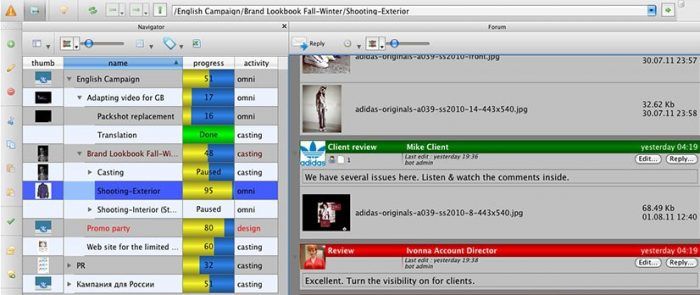
Small business security stories: CineSoft.
We are starting a series of articles “Small business security stories” in which executives of formally small business companies talk about the role of IT and particularly data protection in
1246 articles

We are starting a series of articles “Small business security stories” in which executives of formally small business companies talk about the role of IT and particularly data protection in

Information security sites are brimming with discussions surroudning a new program, which is classified as 150% malicious since it causes great harm and spreads malice like all blockers do. It

The Problem One of the most effective and dangerous ways to run malicious software on a victim’s computer is by exploiting vulnerabilities in popular applications or within the operating system.
A few weeks ago Kaspersky Lab experts published a new study on the evolution of phishing over the past two years. Here is a summation of what the study found:

The problem Any company regardless of the level of maturity possesses some valuable information which having got into the hands unscrupulous individuals can put an end not just to the

In December 2013 information security incidents proliferated, unfortunately. Even if the number of incidents remained within the average values, their significance, alas, was not moderate. The interests of millions of
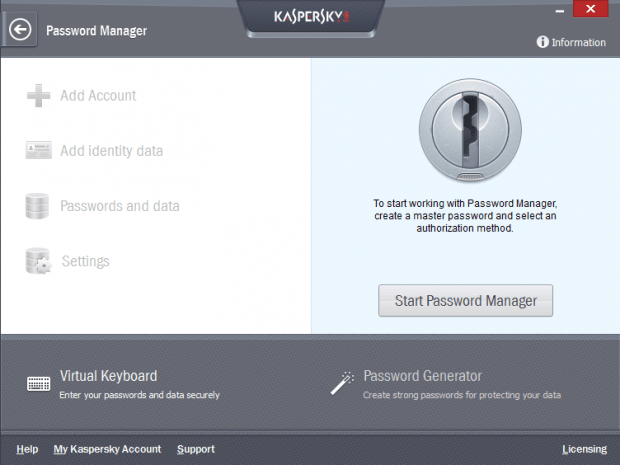
Passwords. They are a curse. However many of them you try remember, they are being forgotten. No matter how many of them you write down on paper they get lost.
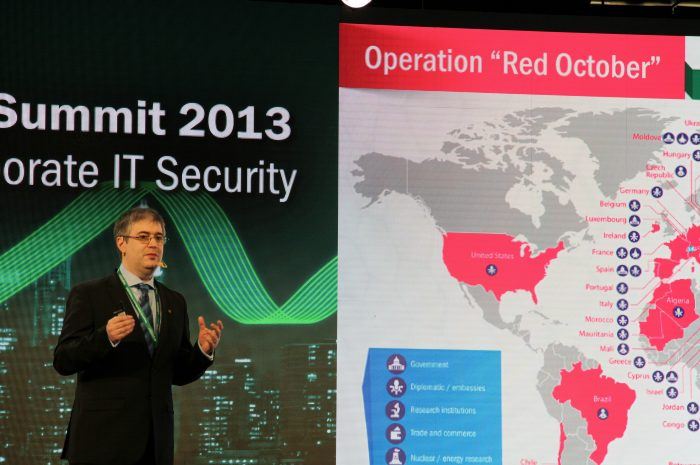
This week we talked with Costin Raiu, Director of Kaspersky Lab’s Global Research and Analysis Team, on the topic of Advanced Persistent Threats and how they may impact businesses. The
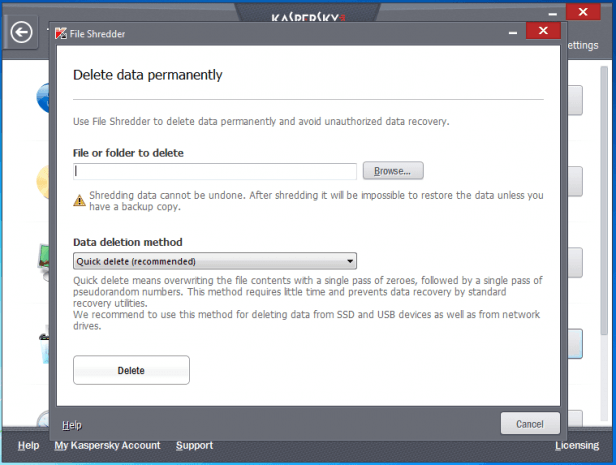
There is a joke about a note in a letter saying “Burn after reading.” It’s not the highest degree of secrecy. The best form of secrecy would be “Eat before
The Problem At present, even very small companies store information that could cause irreparable damage to their financial future if it fell into the wrong hands. An example of this
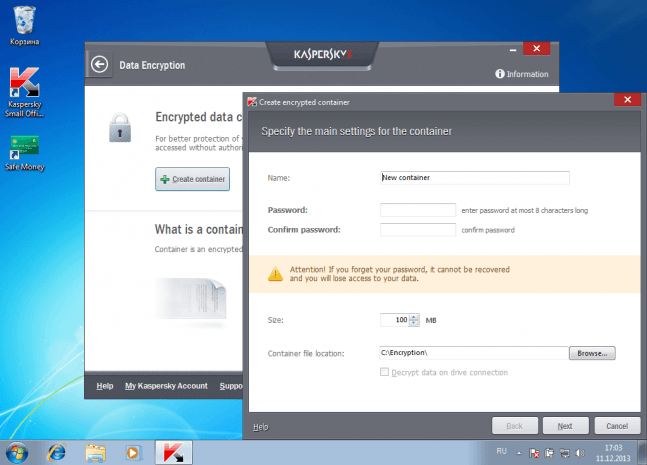
Sony Corp. underwent a large-scale fiasco in April 2011, when a security breach affected tens of millions of people. The intruders stole the personal data of many users along with
As many as 4.2 million attacks using Java exploits were repelled by our Automatic Exploit Prevention system between September 2012 and August 2013. This number indicates two points. The first
The Problem We often hear from small business owners that the modest size of their companies provides them with “invisibility protection”. Employees believe that their organization and its activities are

It was a very typical situation of “yesterday it worked!” In the morning, the accountant’s laptop would not turn on. More precisely, it did turn on but the operating system

The worldwide spread of corporate initiatives like IT Consumerization and Bring Your Own Device makes it necessary to build a return on investment (ROI) model in these promising areas. The
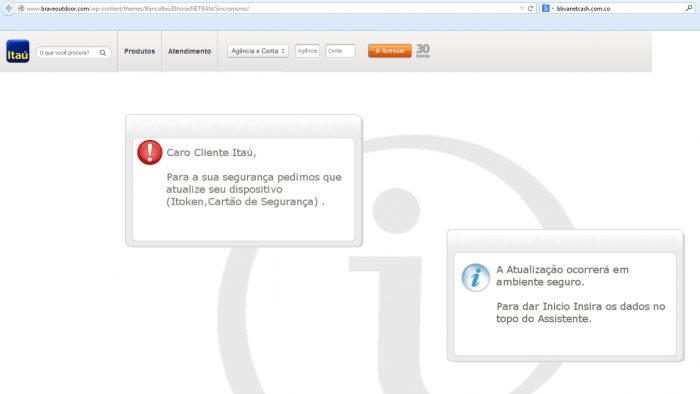
The bill for your company’s Internet access just made you grunt in annoyance. And you know exactly who to thank for it. The offender has repeatedly been addressed, but either
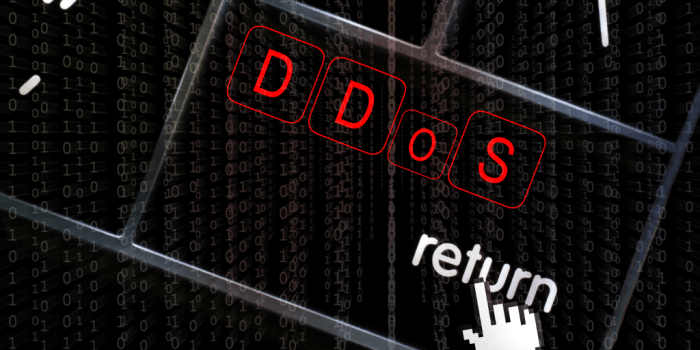
DDoS attack without head… A powerful and very unusual DDoS attack was discovered in mid-October. The attack was unusual in that it employed a version of the Phantom JS headless

It’s no wonder that every major figure in show business is not simply an artist, but is an entire business infrastructure. This type of infrastructure is comprised of marketing, sales

A few days ago Microsoft released a bulletin that described a newly discovered vulnerability (CVE-2013-3906) in several flagship products of the company and reported some detected exploits for it. Attackers
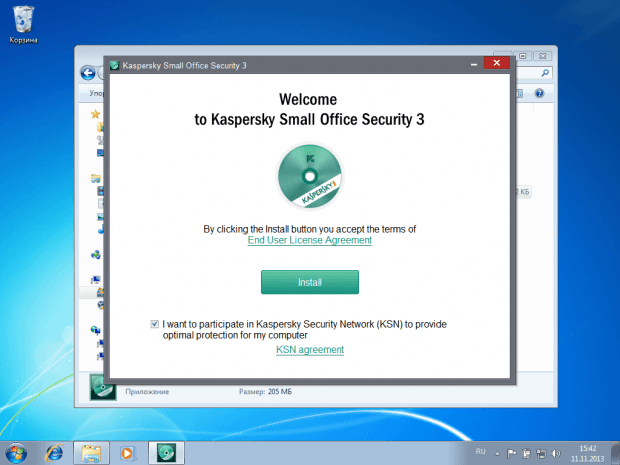
The third version of our small business IT protection kit, Kaspersky Small Office Security, has been released. Let’s take a closer look at what’s available in the new solution. This
On September 30th, a video message appeared on the site of one of the groups of the so-called anonymous hacktivists, in which they talked about planned network attacks at several